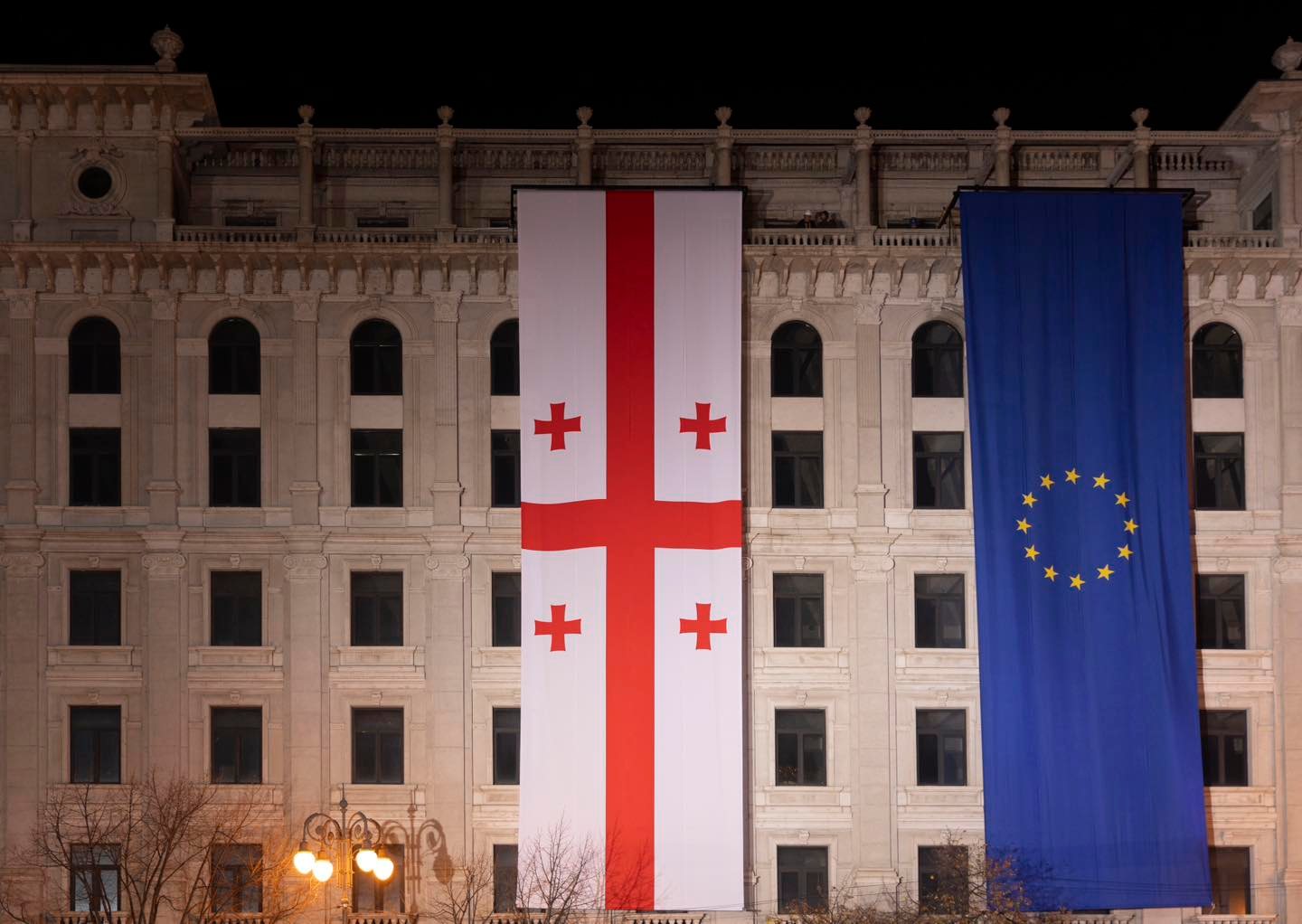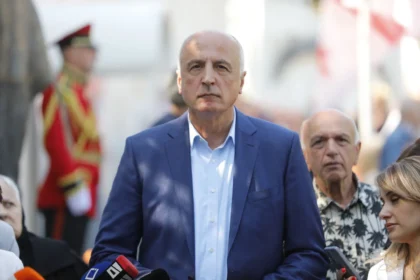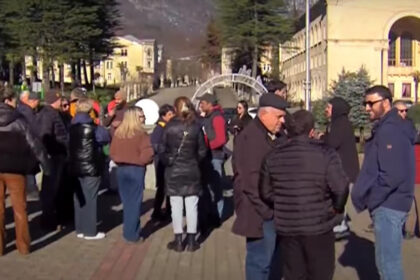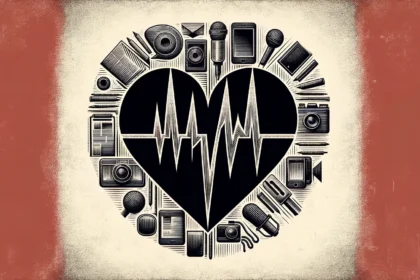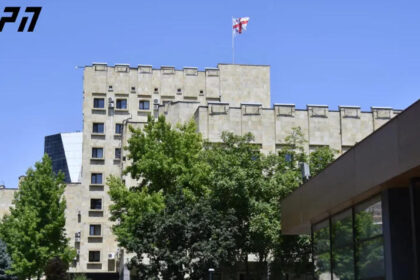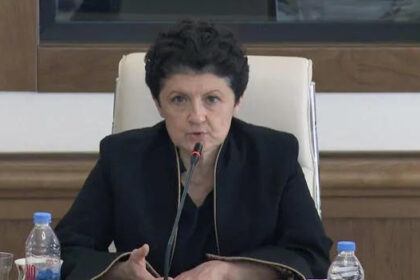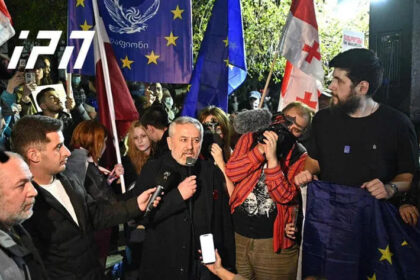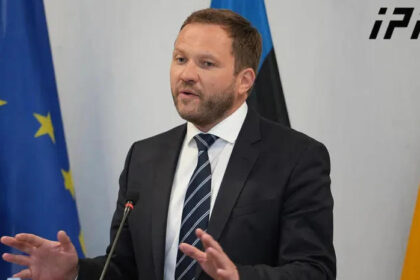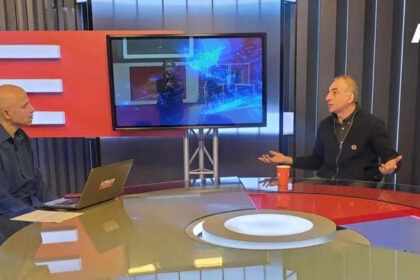**Georgia’s Government Tightens Grip on Civil Society**
In a move that has sparked widespread criticism from the international community, Georgia’s ruling party, Georgian Dream (GD), has pushed through legislative changes that give the government sweeping control over foreign donations to local organizations. The amendments to the Law on Grants were passed without a single dissenting voice in GD’s one-party parliament.
Under the new law, any grant or donation to local organizations, including NGOs and media outlets, will require prior approval from the GD government or an agency designated by them. This means that foreign donors will no longer be able to provide funding directly to independent voices in Georgia without first getting permission from the ruling party.
**International Outcry**
The move has been met with fierce criticism from Georgia’s European and American partners, who have expressed concerns that the changes are repressive and further erode independent voices in the country. Here’s a roundup of international reactions:
* Marta Kos, European Commissioner for Enlargement, said she “deeply regrets” the decision, adding that it will “further shrink civic space and add to existing repression.”
* Kaja Kallas, EU High Representative for Foreign Affairs and Security Policy/Vice-President of the European Commission, called the law a “step away from democratic principles” that undermines Georgia’s EU candidate status.
* Rasa Jukneviciane, Lithuanian MEP, said Georgia is sliding deeper into authoritarianism, with the new law forcing international donors to get government approval before funding NGOs, media, or civic groups.
* US Senator Jeanne Shaheen warned that the move will take Georgia further away from a democratic future, saying political leaders shouldn’t fear the Georgian people.
**Concerns from Other Countries**
Norway’s Ministry of Foreign Affairs expressed deep concern over the amendments to the Law on Grants, urging reversal. Latvian MEP Rihards Kols described the move as “state capture,” comparing it to tactics used by authoritarian regimes. French MEP Nathalie Loiseau also weighed in, saying that Georgia’s democratic collapse has gone unpunished for too long and that the international community must take action.
**Context**
The move is part of a broader pattern of GD’s efforts to consolidate power and suppress dissent. In recent months, the party has faced criticism for its handling of civil society organizations, opposition MPs, and protesters. The changes to the Law on Grants have been met with alarm by watchdog groups like Transparency International, which sees them as a threat to civil society.
As Georgia continues down this path, it remains to be seen how the international community will respond. Will sanctions or policy changes be implemented? Or will there be more diplomatic efforts to address the issue?




